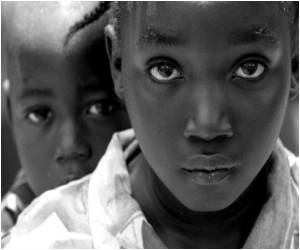A new study has pointed out that disadvantaged kids are more likely to drop out of high school, and grow to be in a similar economic status as adults.

"Low socio-economic status appears to have long-term detrimental effects - even when childhood behaviour, education and other variables are factored in," said lead author Lisa A Serbin, a psychology professor at Concordia University.
"Our study confirms that individual and environmental factors have a direct and enduring impact from childhood into parenthood. Addressing behavioural and academic problems in childhood might reduce, but would not eliminate the risk of economically disadvantaged children from parenting in poverty as adults," she added.
This ongoing study was launched in 1976 and assessed participants at three-year intervals as part of the larger Concordia Longitudinal Risk Project.
Subjects from low socio-economic urban backgrounds were recruited from Grade 1, Grade 4 and Grade 7 at French-speaking public schools in urban Quebec.
The study found that childhood aggression and withdrawal resulted in lower school achievement. Girls who experienced academic difficulties were at increased risk to drop out of high school.
Advertisement
"The absence of a parent, in turn, increased the likelihood of living in poverty," she added.
Aggressive boys were found to be at increased risk to be young parents of children who would be raised in the absence of one biological parent.
Early parenthood predicted future family poverty among men regardless of family structure.
The study is published in the International Journal of Behavioral Development.
Source-ANI









